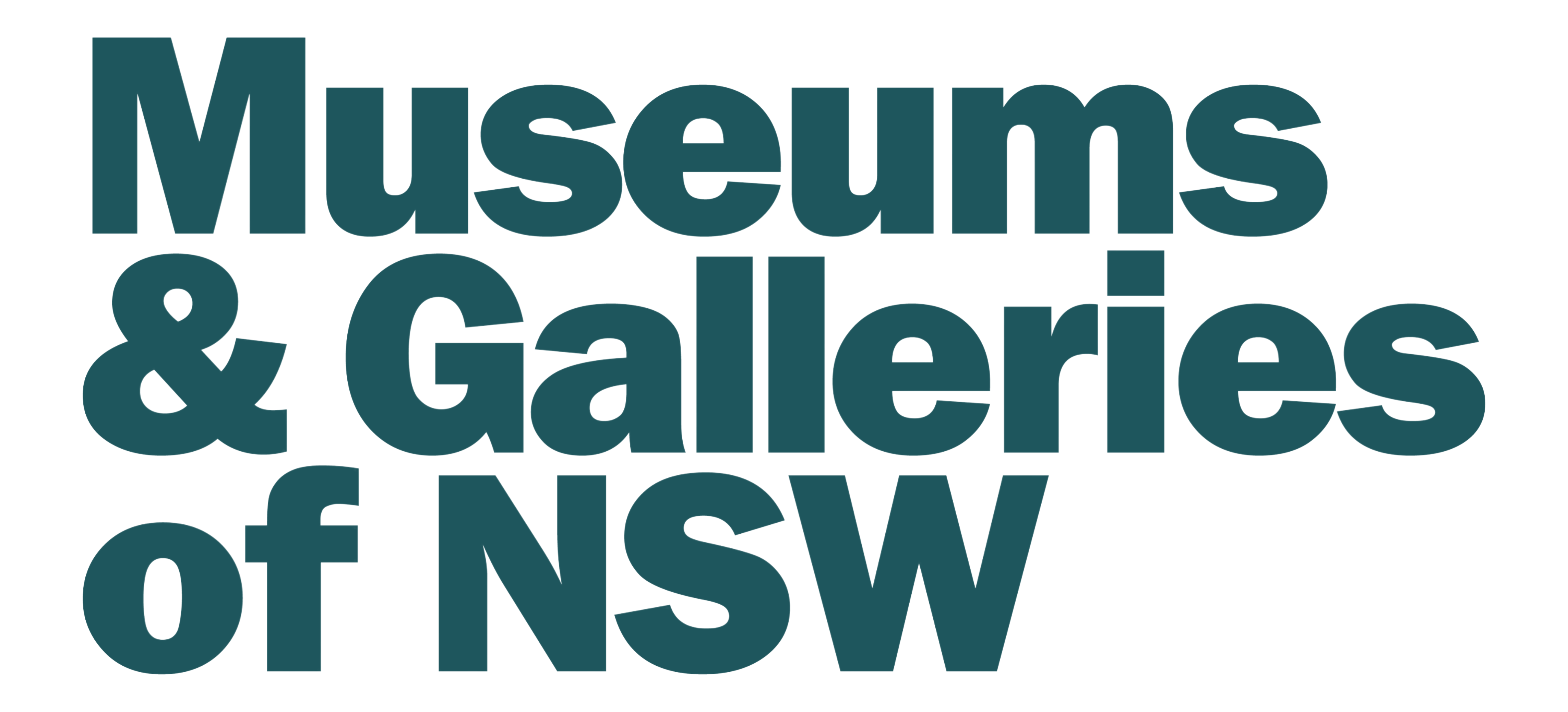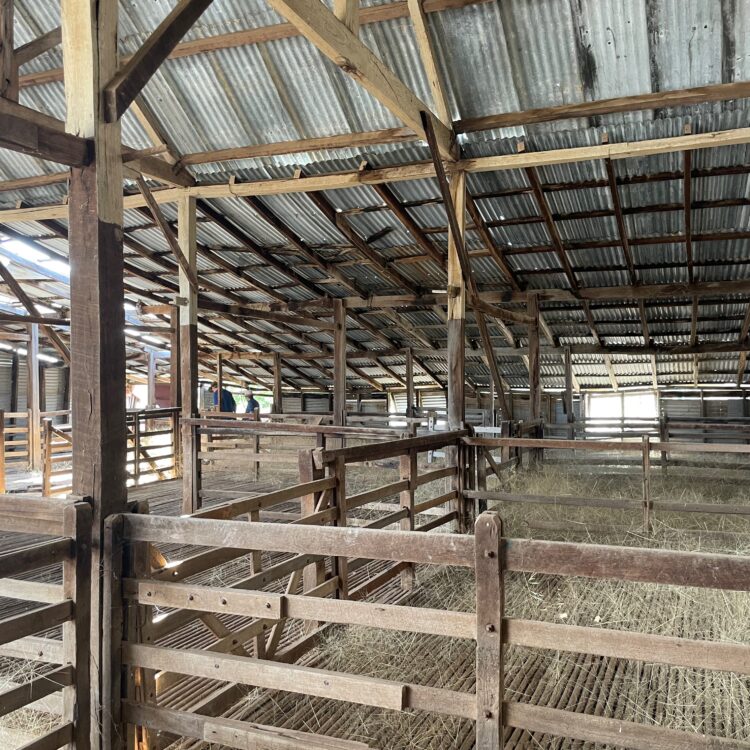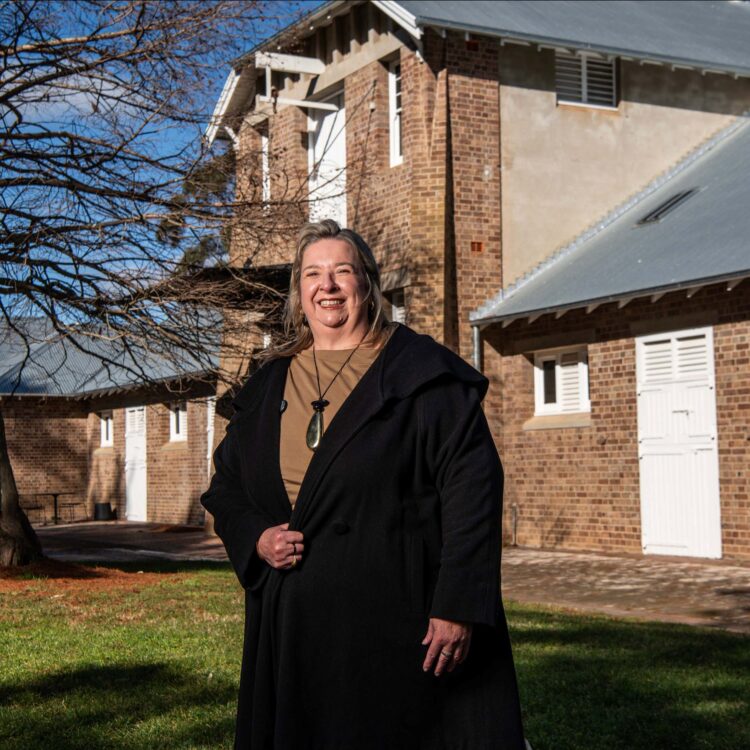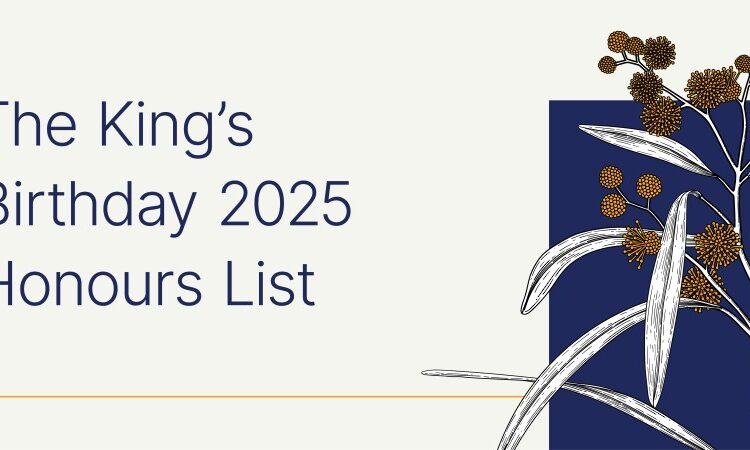
Throw a lifeline to your favourite cultural organisation today!
Photo: courtesy of Miguel B via Flickr
Cultural organisations often depend on much-needed donations to survive, and as the end of the financial year approaches it’s a good time to consider if you can contribute to the livelihood of one or more of your favourite organisations.
Donating to a cultural organisation can mean you are eligible for a tax deduction, though for this to be the case, the organisation in question must have “deductible gift recipient” (DGR) status, granted through the Australian Taxation Office (ATO).
An organisation must apply directly to the ATO or the Register of Cultural Organisations (ROCO), which is maintained by the Federal Minister for the Arts, to obtain the DGR status.
You can check whether an organisation has DGR status by looking them up on the Australian Business Register. You can still donate to an organisation that doesn’t have DGR status; you just can’t claim it as a tax deduction.
To be eligible for DGR status, organisations are defined in categories such as health, education, research, welfare and rights, environment, sports and recreation, cultural organisations and so on. Information about these categories can be found on the ATO website.
Like most public galleries, not-for-profit arts organisations, and a number of regional museums, Museums & Galleries of NSW is listed on ROCO. To be eligible for inclusion on ROCO the principal purpose of the organisation must be “the promotion of a cultural activity such as: literature; visual, community, performing or Aboriginal and Torres Strait Islander arts; music; crafts; design; television; video; radio; film; or movable cultural heritage”. Eligible organisations and their activity must be located in Australia.
As the end of the financial year approaches it’s a good time to consider if you can contribute to the livelihood of one or more of your favourite organisations.
Donations made to your favourite arts organisation can only be used to support the activities described above. It’s important to note that a donation must be given with no strings attached and that the giver cannot receive any material benefit from the donation.
For example, you may wish your donation to be used for a particular program or purpose, such as an education program, however the receiving organisation is not legally bound to honour your wish as long as it uses the money in accordance with its DGR status.
The ‘no material benefit’ clause comes into play in crowdsourced funding platforms such as Pozible and KickStarter, where supporters often receive some kind of material benefit attached to the level of donation. This makes any tax deductibility null and void as the transaction would be considered as one of exchange for goods or services.
In NSW, fundraising appeals are generally covered by the NSW Office of Liquor, Gamming and Racing (OLGR). It’s important to remember if you wish to do a major fundraising campaign you must hold a licence to fundraise. There’s more about fundraising conditions on the OLGR website.
As this is a complex area of law we strongly advise that you talk to the relevant government department if you have specific questions, or call us for further information if you are not sure where to start.



